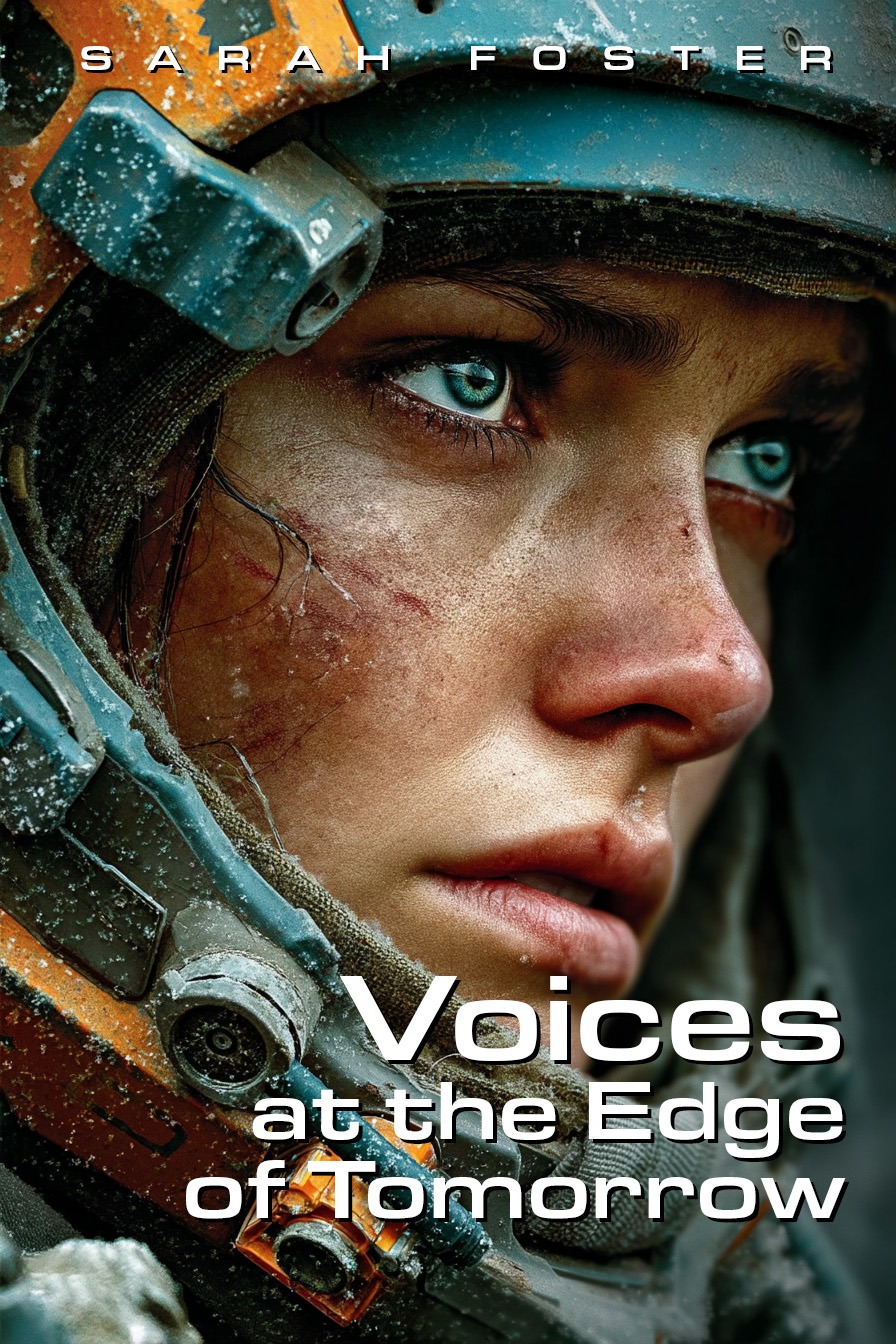I am still buzzing. The moment the glitch hits, when Nova's voice fractures and the city hears something real, the book catches a frequency that feels rebellious and tender at the same time.
The central idea lands with rare precision: "a voice can be both shield and blade". That is not just a slogan tossed at the reader. It becomes the ground on which every scene steps.
Watching Nova perform loyalty to protect people who may never forgive her is excruciating and inspiring. The cost of silence is tallied in vanished names, in shutters pulled down for Quiet Hours, in neighbors who look away. The cost of speaking is just as steep, yet necessary.
The sonic motifs are joyous for a music kid and devastating for anyone who has ever swallowed a truth. Rails hum, cranes groan, powerlines gossip, and every time an auditor drone breathes overhead you feel the weight of choosing your next sentence.
This is fierce YA about responsibility and resonance, and it refuses to flatten the moral math. I cheered, I winced, I wanted to stand on the Eventide Bridge and sing. Five stars, because the signal comes through clear and brave.
